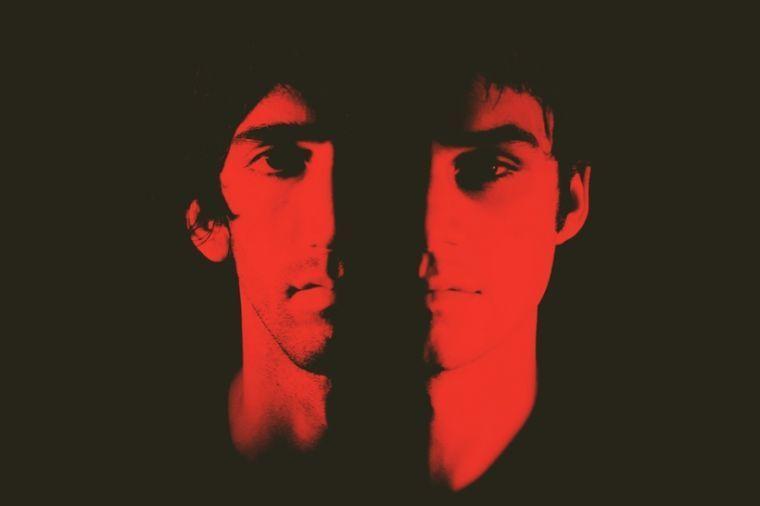Making an impact on the environment starts with tofurkey.
Nutrition and dietetics sophomore Katie Moses has been a vegan for three years, and after doing much research on the current food system, she says a vegan diet is the healthiest choice.
Being a vegan is about removing all animal products from one’s diet. This includes any form of meat, dairy and eggs. Some vegans will also refrain from consuming honey or any food products with dairy-based additives like whey.
Moses said being a vegan is not generally challenging, but she is always mindful of the ingredients in processed food that may include additives.
“You do have to get a broader knowledge base,” Moses said. “You do have to learn to be friendly with waiters, too. Most restaurants cook things in a lot of butter.”
Moses said the response to her transition to veganism is mainly curiosity, and sometimes people make fun of her.
“The funniest [response] I’ve had was [from] my granny. She was just like, ‘Oh, OK,’ and made me crawfish au gratin without the cheese,” Moses said.
Moses also said most of the teasing has come from guys. Mass communication junior Rebecca Stewart also leads a vegan lifestyle, and she said the preconceived notion that more women tend to be vegan than men might have to do with gender roles.
“It’s an old gender stereotype that is more so perpetuated in the South,” Stewart said. “I know several vegan guys. Needing meat to feel manly is squashed.”
Stewart said going vegan is the laziest thing she can do to help the most people, as well as animals and the environment. She has seen different responses to her decision to abstain from meat.
“All the time I get people acting like doctors, and I get lectured,” Stewart said. “I don’t really pay attention. People act like you’re a unicorn … like you’re super special. It’s almost flattering, like they’re impressed with your self-control.”
If Stewart is not shopping for ingredients at the Farmer’s Market, Whole Foods or Fresh Pickin’s Market, she goes out to eat at Chelsea’s Cafe or India’s.
“Chelsea’s has a few vegan meals,” Stewart said. “It’s a really eclectic crowd. If you’re feeling adventurous and fancy, India’s has a whole vegetarian menu.”
Vegans have to be careful to make sure they receive the necessary nutrients for their diet, especially in the way of protein intake. Depending on activity levels, the recommended protein the body needs is 0.8 grams per kilogram of body weight, according to Jamie Mascari, University coordinator of sports nutrition.
Mascari said a vegan diet is fine as long as research has been done and supplements are used. Mascari advises that someone thinking about becoming a vegan should meet with a dietitian as he or she transitions to the new lifestyle.
“You are limited to some food, and you might end up having to reach out to processed foods,” Mascari said. “Some of these foods they go to might be higher in fat. The good side is more fruits and veggies are in their diet.”
Transitioning to veganism after eating meat for years was a challenge for Emily Pfezter, mass communication graduate student.
Pfetzer became a vegan for political and environmental reasons in response to becoming more aware of the food system.
She began making her transition in January 2011, and many friends felt she would not stick with it.
“I used to enjoy eating a lot of meat and dairy,” Pfetzer said. “It’s almost like people are waiting for you to screw up even though you are trying to make sound decisions every day. I did have jambalaya at the Spanish Town parade, and I did regret it.”
Pfetzer said vegan food is not boring or tasteless, and the idea that vegans eat leaves or tofu is old-fashioned. Pfetzer said she gets her cooking recipes from theppk.com and the book “Viva Vegan,” written by Terry Hope Romero.
“We’re not infallible as humans,” Pfetzer said. “You can only do the best you can do.”
—-
Contact Raylea Barrow at rbarrow@lsureveille.com
What’s it really like to be a vegan?
April 4, 2012


